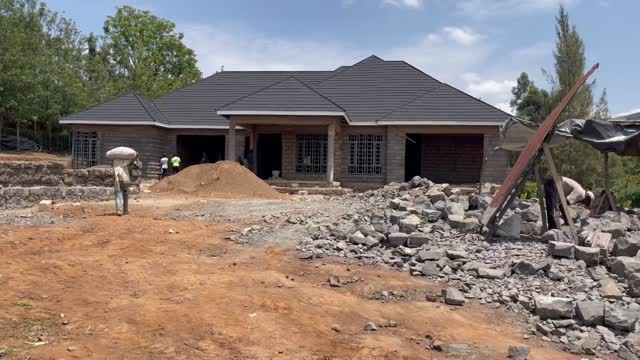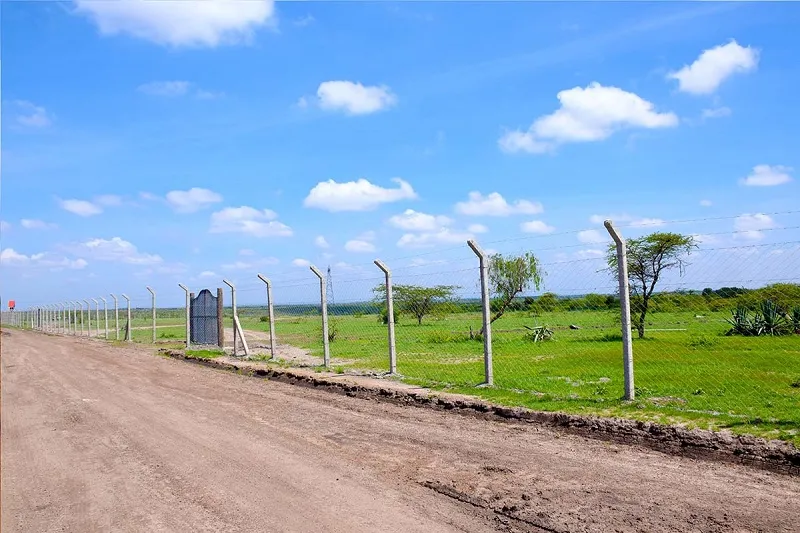
Real estate sector has experienced significant growth
in recent years, attracting both local and international investors. However,
before diving into the world of property transactions, it's crucial to
understand the legal framework that governs real estate in Kenya. This blog
aims to provide a comprehensive guide to the key real estate laws in Kenya,
offering insights into the regulatory landscape and ensuring a smooth journey
through property transactions.
v Land
Tenure System:
The country operates under a dual land tenure system,
consisting of leasehold and freehold. Freehold grants individuals’ full
ownership rights over land, while leasehold involves holding land for a
specific period, usually 99 or 999 years. It's essential to comprehend these
distinctions when acquiring or developing property.
v The
Constitution and Land Rights:
The Kenyan Constitution of 2010 brought about
significant changes to land ownership and management. It emphasizes public
land, community land, and private land. Understanding these categories is
crucial for both buyers and developers, as they influence the type of
transactions and development allowed on specific land parcels.
v The
Land Registration Act:
The Land Registration Act provides the legal framework
for land registration in Kenya. It established a unified land registration
system, simplifying the process and enhancing transparency. All land
transactions, including transfers, leases, and charges, must be registered to
ensure legal validity.
v The
Physical Planning Act:
This legislation governs physical planning in Kenya,
dictating how land should be used and developed. Compliance with zoning
regulations and obtaining the necessary approvals from relevant authorities is
crucial. Developers should be aware of land use classifications, development
control regulations, and the importance of environmental impact assessments.
v The
Conveyancing Process:
The process of transferring property ownership, known
as conveyancing, is a vital aspect of real estate transactions. The sale and
purchase agreement, title searches, and transfer of ownership documents must
comply with the law. Engaging a qualified conveyancing lawyer is advisable to
navigate this process successfully.
v Taxation
in Real Estate:
Kenya imposes various taxes on real estate
transactions, such as stamp duty, capital gains tax, and value-added tax (VAT).
Investors and property owners need to understand their tax obligations to avoid
legal complications. Additionally, tax incentives for certain types of
developments may be available, making it essential to stay informed.
v Tenant-Landlord
Relations:
The relationship between landlords and tenants is
regulated by the Rent Restriction Act and the Landlord and Tenant (Shops,
Hotels, and Catering Establishments) Act. These laws outline the rights and
responsibilities of both parties, including rent control measures and dispute
resolution mechanisms.
Conclusion:
In conclusion, a sound understanding of real estate
laws in Kenya is fundamental for anyone involved in property transactions.
Whether you are a buyer, seller, developer, or investor, staying abreast of the
legal landscape ensures compliance, mitigates risks, and paves the way for
successful real estate ventures. As the sector continues to evolve, keeping
informed about legal developments is key to navigating the dynamic world of
Kenyan real estate.
.









What customers are saying about rentnasi
Kasarani, Nairobi
RentNasi has been instrumental in managing my apartment complex. Their professionalism gives me peace of mind knowing my property is in good hands.
PCEA Komothai, Kahawa West
Entrusting RentNasi with my property was the best decision. They handle everything efficiently, keeping me updated every step of the way.
Utawala, Nairobi
RentNasi’s professional approach means I never worry about tenant issues or late payments. Everything runs smoothly.
Join us on this journey! Whether you're a landlord looking to maximize your investment or a tenant seeking the perfect home, RentNasi is here to help.